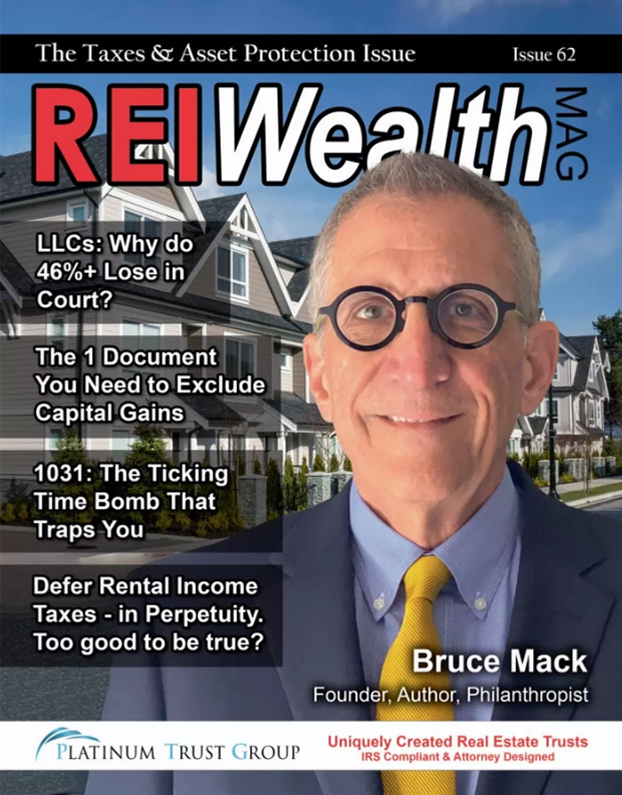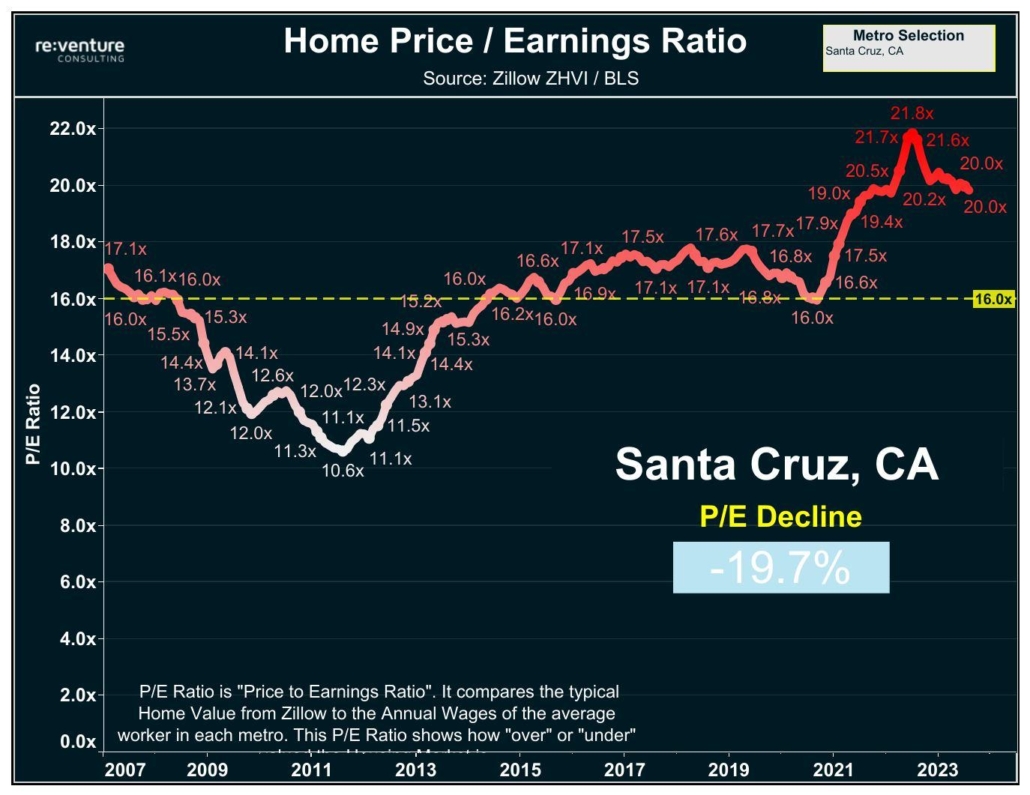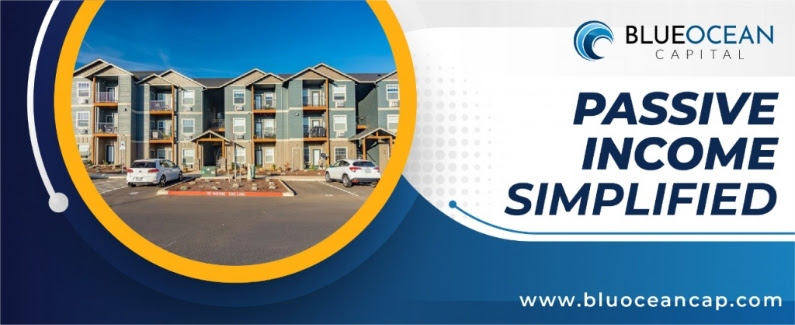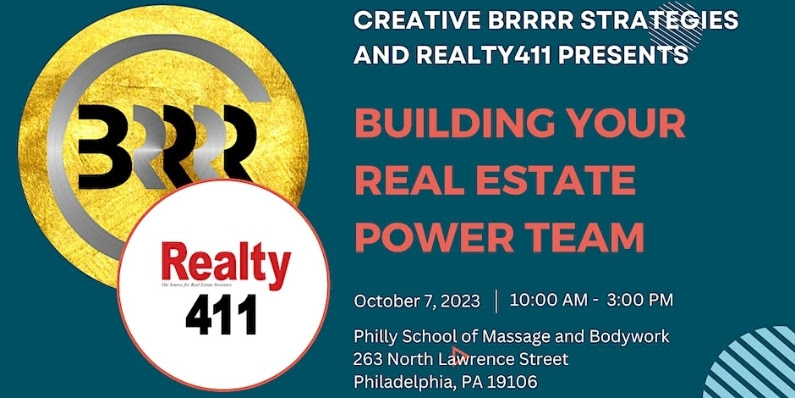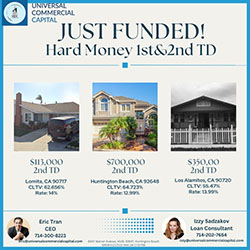Land Flipping & House Flipping – Are They Different?
I have been buying and selling residential real estate as a real estate investor for almost 7 years now. I have invested in just about every avenue of real estate investing from Pre-construction, Assignments, Tax liens, Rehabbing, Probate, Bankruptcies, Pre-foreclosures, Short Sales, Foreclosures and REOs, Buy & Hold, and FSBO’s. I have profited from literally all of these strategies and showed others how to as well.
However, lately I have learned about a twist to an old strategy, one that I had heard about, but never done. Buying land and re-selling it via owner financing for a monthly profit, is the new real estate investing strategy. It goes even further, after you buy it and sell it with owner financing you can then eventually flip this property to another buyer. I picked this up from Jack Bosch, who has closed over 5400 land deals himself and I think he is on to something!
article continues after advertisement
I have found the biggest stopping points for many of my new real estate investing students are usually:
#1 – The risk of getting into something they cannot find funding for and letting people down
#2 – Getting into a deal and finding out later something was missed, causing financial loss.
Many new real estate investors are frozen stiff because of these fears. It is for this reason I’ve listed some of the reasons a real estate investor might want to add land flipping to their portfolio of investments.
Why Land Flipping Might Be Better
There is virtually no competition for land, especially rural land. This area of investing is over flowing with a lot of opportunity – there is an abundance of forgotten land out there that sells for cheap! You can purchase land for literally pennies on the dollar.
With land you do not have to know as much about real estate like construction, termites, mold and all the other things of that nature that you must know when investing in houses.Here are some compelling reasons to add land flipping to your real estate investing portfolio:
- Very low, (or sometimes none), acquisition costs
- Lower risk – limited money down to lose
- Lower inspection requirements
- Quicker closings
- Less initial capital output
- Buyers are usually more savvy investors
- Good Potential for monthly residual income with your owner financing
- Usually no upkeep required
- Usually low holding costs (no fire insurance, fix up, utilities involved)
- Higher number of buyers are repeat buyers (compared to home end buyers)
Why Houses Flipping might be Better
For some real estate investors flipping houses might have been the first investing niche that they started in. Let’s list the major reasons why house flipping is a good investing strategy:
- More potential to generate income while you hold it – owner financing or renting
- Everyone needs a house since shelter is a basic necessity of life. Not everyone needs vacant land
- Potential to profit big doing just one good deal
- Potential for higher monthly residual income per property
- A lot more home owners in desperate situations than there are landowners.
Compared to the land flipping, house flipping might seem better, but the acquisition and maintenance cost are much higher for house flipping. Another thing to note is that land flipping profits on average, are lower than house flipping, and you must do more deals to profit higher dollars.
article continues after advertisement
Research the Region
Look for these market positives when investing in both land and housing deals:
- Unemployment rate in the area of purchase is low compared to the national unemployment rate
- Be sure to keep your ears open for news of major business expansions
- General area & its population is growing and expanding. If it is, best if the area is expanding in the direction of the property you are interested in buying
- Talk to the city and county planning and zoning agencies where the property is located; they will be able to give you valuable information about area growth and building projections.
6 Ways to Minimize Investing Risks
Here is a list on how to lower your risks for investing in houses or land before closing on any deal:
- Run necessary tests and inspections depending on specific area and property
- Check with county records to verify no complaints or notices for required repairs are filed
- Make sure you work with contract escape clauses to assure you can walk away for any reason.
- Avoid giving check or cash money down until you are positive you are going to close.
- Make sure that your purchase contract is worded in such a way that it allows you to only transfer cash at the time of closing.
- Make sure the title is not “cloudy” and property is marketable. Remember IRS liens have to be paid! If you buy a property with those liens, that bill becomes yours. Do your due diligence in running a title report before closing.
Land and House Flipping Similarities
In summary, you can follow a lot of the same strategies marketing to land owners as I’ve always done buying & selling to home owners. The best type of deal, whether land or houses, is when the seller, for one reason or another, wants a quick & easy way out of the obligation of owning their house or land – leaving you the opportunity to buy at a discount and profit in the short and/or long term depending on your goals!
Real estate investing, just like most things in life, has benefits and risks no matter how you look at it. There are always those unknown and unexpected circumstances. In the scheme of things, you need to decide…are you able to live a peaceful, joyful life as you are building your wealth through real estate investing in land and/or houses. Your personal risk tolerance is what only you can decide. I am doing both wholesale land and house flipping and holding, looking at each deal individually. Because most importantly, it is all about profitability and the bottom line!
Most Important!
Universally, success is about having a system, a RE power team and a mentor to help you down the path of real estate investing. Those are the keys to your success. Surround yourself with experienced people who are doing real estate investing successfully – they already have figured out the “code”. You can learn from them so – “Why re-invent the wheel?”, as they say.
Knowing you have experience at your side alleviates those fears of the unknowns, increasing the chances for a faster, easier and happier ride to the peak of real estate investing success. I would like to leave you with a quote:
“Perhaps the very best question that you can memorize and repeat, over and over, is, ‘what is the most valuable use of my time right now?’” – Brian Tracy: Professional Development Author & Speaker
Tamera Aragon
Tamera Aragon is a professional online entrepreneur and has bought and sold over 300 properties, establishing her as an expert in the real estate investing field. Since 2003, she has purchased over 10 million dollars in real estate and currently holds properties all over the world. Tamera’s focus is on the booming Foreclosure market, buying Pre-foreclosures, REOs and Short Sales. Tamera who is a noted Author, Success Trainer, Speaker & Coach, shows her passion for helping others with the 17 websites she has created and several specialized products to support fellow investors throughout the world. When Tamara is not busy running her website, she is very involved with her Fiji joint ventures and investments. Tamera Aragon is one of the few trainers and coaches who is really “doing it” successfully in today’s market. Tamera’s experience has earned her a solid reputation in the industry as well as the respect and friendship of many of the top national real estate investment and internet marketing experts. Tamera Aragon believes her success has garnered her the financial freedom to fully enjoy her marriage and spend quality time with her children.
Learn live and in real-time with Realty411. Be sure to register for our next virtual and in-person events. For all the details, please visit Realty411Expo.com or our Eventbrite landing page, CLICK HERE.


















